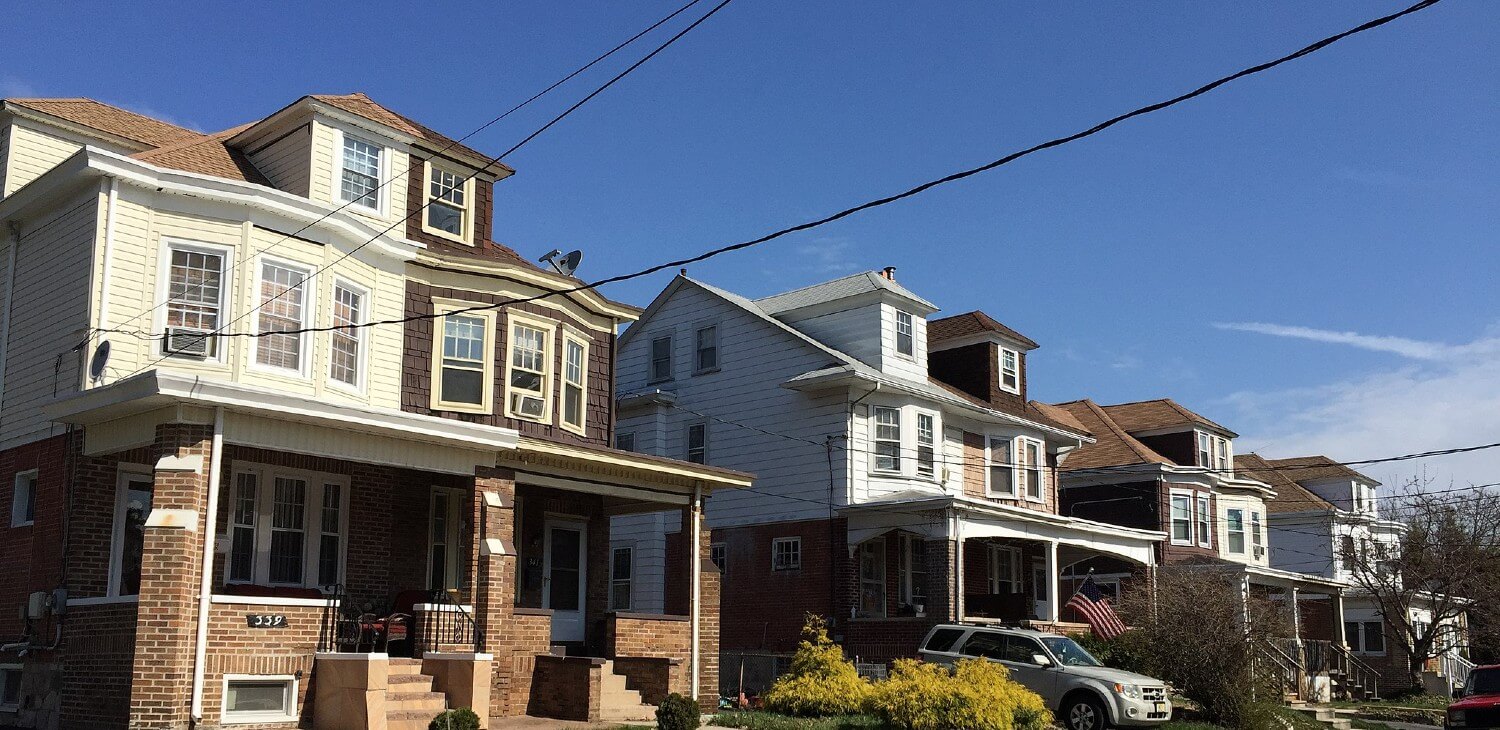Foreclosures are a hot topic for homebuyers and investors alike. But what does it really mean when you see “foreclosure” on Zillow? In this article, we’ll break down everything you need to know about foreclosures, how they’re listed on Zillow, and how to navigate the process effectively. Let’s dive in!
Understanding Foreclosures
What is a Foreclosure?
A foreclosure happens when a homeowner fails to keep up with their mortgage payments, and the lender takes legal action to recover the owed money by selling the property. Simply put, it’s a financial consequence of not paying your home loan.
Why Do Homes Go Into Foreclosure?
There are several reasons, including job loss, medical expenses, or other financial hardships. Sometimes, homeowners bite off more than they can chew financially, and foreclosure becomes unavoidable.
The Process of Foreclosure: Step by Step
The foreclosure process typically includes:
- Missed payments by the homeowner.
- The lender issuing a notice of default.
- Legal proceedings or public auctions.
- The property being repossessed by the bank or sold to a new owner.
Zillow and Foreclosed Properties
How Does Zillow Display Foreclosures?
Zillow aggregates data from public records and real estate agents to show foreclosures. These listings often come with tags like “pre-foreclosure,” “auction,” or “bank-owned.”
Types of Foreclosure Listings on Zillow
Pre-Foreclosure Homes
These are properties where the owner has received a notice of default but hasn’t yet been repossessed by the bank. These listings often indicate an opportunity to negotiate directly with the homeowner.
Auction Properties
Auction properties are usually sold to the highest bidder. These listings provide information on upcoming auction dates and the minimum bid required.
Bank-Owned Homes
Also known as REO (Real Estate Owned) properties, these are homes that failed to sell at auction and are now owned by the lender. Banks often price these homes competitively to recoup their losses.
Benefits and Risks of Buying Foreclosed Homes
Why Consider Buying a Foreclosure?
Foreclosed homes can be a bargain. They’re often priced below market value, which is perfect for budget-conscious buyers or savvy investors looking to flip properties.
The Potential Risks Involved
However, foreclosures aren’t without their pitfalls. Issues like property damage, unpaid taxes, and legal complications can make the process tricky.
How to Mitigate the Risks
Do your homework! Research the property’s history, get a home inspection, and consult a real estate attorney to minimize surprises.
Navigating Foreclosures on Zillow
Setting Up Your Zillow Search
Zillow makes it easy to find foreclosures. Use the search filters to select “foreclosures” under property types, and customize your search by location, price range, and more.
Interpreting Foreclosure Listings
Pay attention to the listing details. Terms like “pre-foreclosure” or “REO” can give you insights into the property’s current status.
Contacting the Right People
Reach out to real estate agents or attorneys specializing in foreclosures. They can guide you through the complexities and ensure a smoother transaction.
Financial and Legal Considerations
Financing a Foreclosed Home
Traditional mortgages are an option for some foreclosed homes, but others may require cash payments or specialized loans, like an FHA 203(k) loan for fixer-uppers.
Legal Steps You Need to Know
Understand the foreclosure laws in your state, as they vary widely. Work with a lawyer to ensure you’re not blindsided by legal hurdles.
Tips for First-Time Buyers of Foreclosures
Conducting Thorough Research
Knowledge is power. Investigate the property, neighborhood, and any liens attached to the home.
Hiring Professionals for Guidance
A good real estate agent, home inspector, and attorney are invaluable when buying a foreclosure. They can save you time, money, and headaches.
Inspecting the Property Before Purchase
Foreclosures are often sold “as-is,” so a thorough inspection can uncover potential deal-breakers or hidden costs.
Conclusion
Foreclosures on Zillow present a unique opportunity for buyers, but they require careful navigation. By understanding the process, researching thoroughly, and seeking professional help, you can turn a foreclosed property into your dream home or next big investment.
FAQs
What is the difference between pre-foreclosure and foreclosure on Zillow?
Pre-foreclosure means the owner is behind on payments but still owns the property. Foreclosure means the property has been seized by the bank.
How accurate is Zillow’s foreclosure data?
While Zillow provides a wealth of information, it’s always best to verify details with local records or real estate professionals.
Are foreclosed homes on Zillow a good investment?
They can be, especially if you’re looking for a bargain. However, they require due diligence to avoid potential risks.
Can I negotiate the price of a foreclosed home?
Yes, especially with pre-foreclosure homes or bank-owned properties. However, auction properties may have fixed starting bids.
What should I watch out for when buying a foreclosure?
Be cautious of hidden costs, property condition issues, and legal complications. Always get a home inspection and consult professionals.
